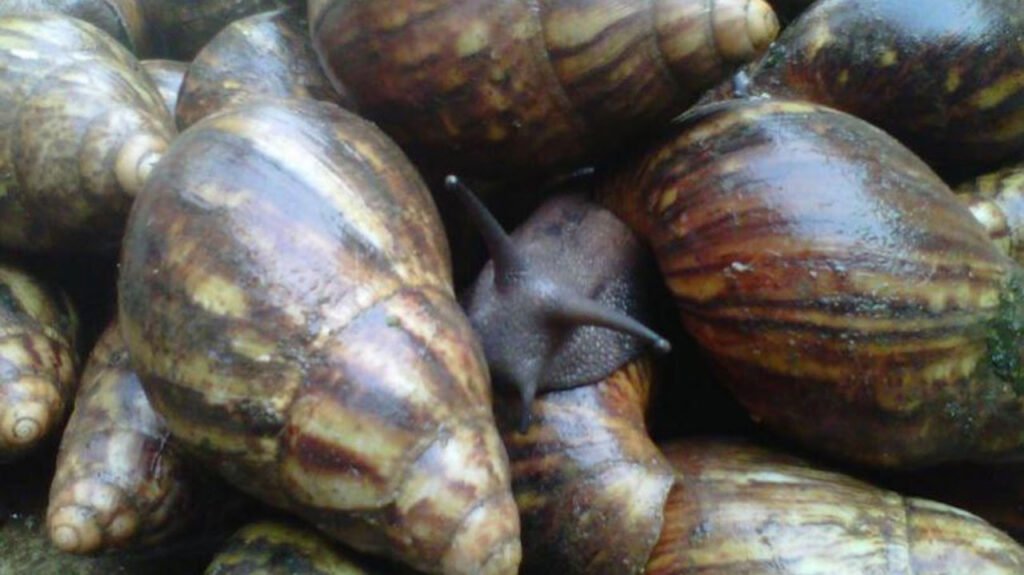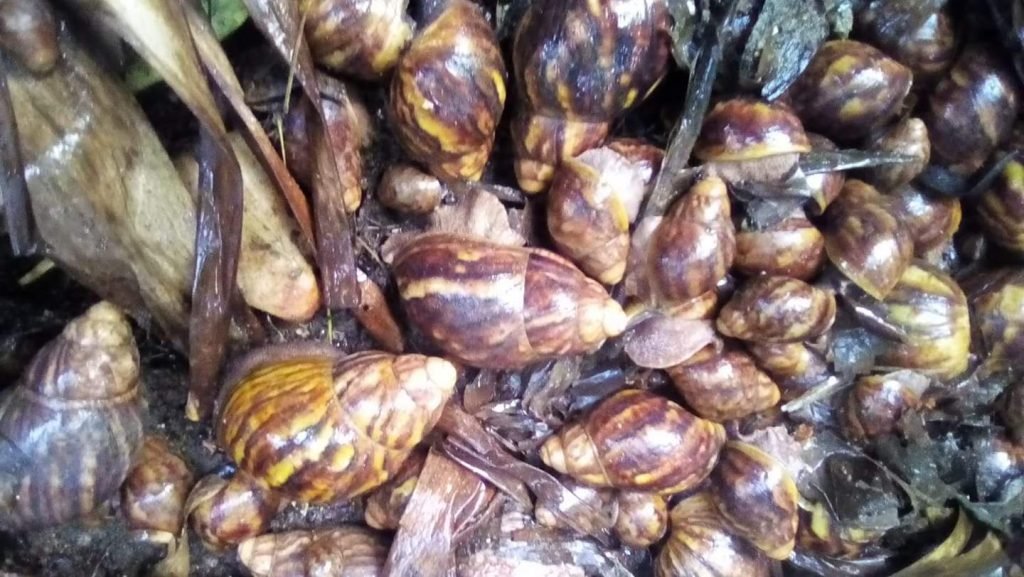In the heart of Cameroon’s Southwest Region, where the misty slopes of Mount Cameroon meet the coastal rainforest, a quiet agricultural revolution is taking place. Beyond the familiar plantains, cocoyams, and palm oil, snail farming has emerged as a growing industry—one that is changing lives, improving nutrition, and offering a sustainable, eco-friendly source of protein.
Fako Division is quickly becoming a hotspot for African land snail (Achatina spp.) farming, thanks to its ideal climate, fertile soil, and a rising demand for snails locally and internationally.
A Traditional Delicacy Meets Modern Demand
For generations, snails have been a cherished delicacy in Cameroon and across West and Central Africa. Known locally as “nyama ngubè” or “country meat,” snails are a popular feature in traditional meals—boiled, grilled, or cooked in spicy sauces. They are not only delicious but also high in protein, iron, and essential amino acids, making them a nutritious alternative to red meat and fish.
Today, the growing health-conscious global market is taking notice of snails’ benefits, and demand is rising in countries across Europe, Asia, and North America. This has opened up new opportunities for farmers in Fako Division, who are responding with increasing investment in snail farming systems.
Why Fako Is Ideal for Snail Farming

The humid, forested environment of Fako Division—stretching from towns like Buea and Tiko to Limbe and Muyuka—provides perfect natural conditions for snail breeding. The combination of moderate temperatures, high humidity, and organic vegetation creates an ideal habitat for snails to thrive.
Unlike traditional hunting of wild snails, modern snail farming (or heliciculture) involves controlled breeding environments. Local farmers build enclosed pens or use intensive systems with proper feeding, hygiene, and reproduction management. This not only ensures a steady, year-round supply of high-quality snails but also protects wild snail populations and promotes sustainable agricultural practices.
Economic Empowerment and Youth Involvement
Snail farming is low-cost, low-risk, and suitable for smallholder farmers, making it an excellent income-generating activity—especially for women and young people. In Fako Division, many youth-led agricultural enterprises have embraced snail farming as a business with real growth potential.
With a short reproduction cycle and low feed costs (mostly made up of organic leaves, fruits, and calcium-rich materials), snails offer a high return on investment. A single mature snail can lay up to 100 eggs, making population growth fast and scalable.
Local cooperatives and agribusiness organizations are now supporting farmers with training, starter stock, and access to markets—both domestic and export.
From Farm to Market: Clean, Healthy, and Ready to Eat
Snails farmed in Fako are raised under hygienic conditions, ensuring clean, safe meat for consumption. Products are typically sold live, frozen, or processed and packaged, depending on the buyer’s needs. Whether destined for local markets in Douala and Yaoundé or prepared for export to international buyers, Fako snails are known for their large size, tender meat, and consistent quality.
There’s also growing interest in value-added snail products, such as snail meat in brine, dried snail powder, and even cosmetic-grade snail slime, which is used in skincare.
The Road Ahead
Though promising, the snail industry in Fako still faces some challenges—limited infrastructure, lack of processing facilities, and occasional market access issues. However, with increasing awareness, government support for agribusiness, and global demand on the rise, the future looks bright.
Snail farming offers Fako not just an economic lifeline, but a model for sustainable, environmentally friendly agriculture. It brings together traditional knowledge, modern farming practices, and international trade potential—all from a humble creature once overlooked.
Conclusion
Farm-raised snails from Fako Division are a symbol of innovation rooted in tradition. Nutritious, sustainable, and increasingly profitable, they represent a new path for agriculture in Cameroon. As more farmers embrace snail rearing, Fako is positioning itself as a leader in the production and export of one of nature’s most underappreciated delicacies.

